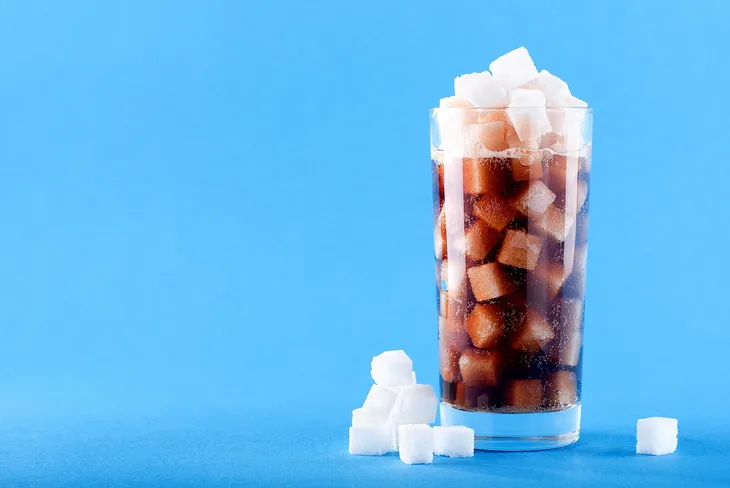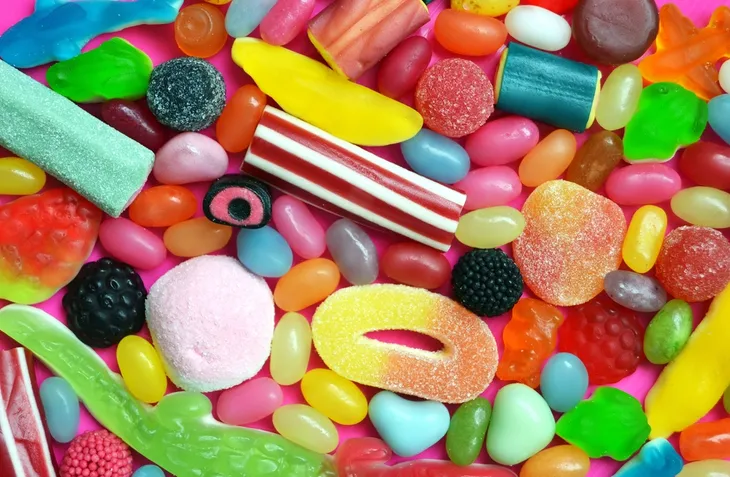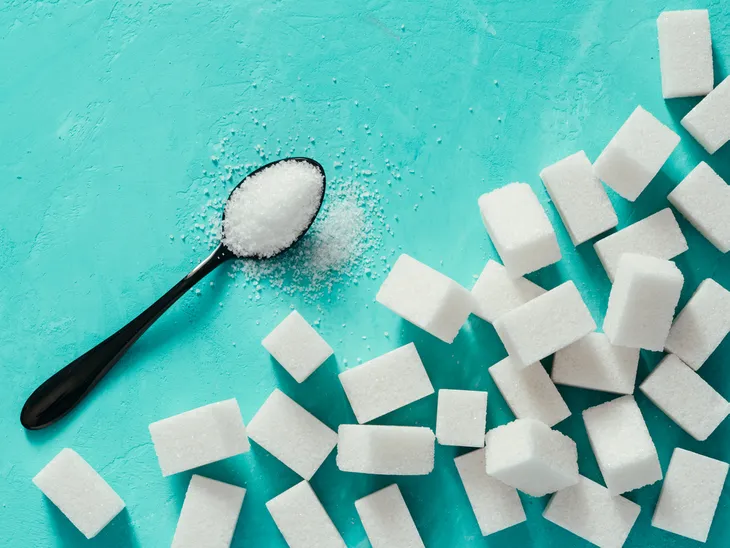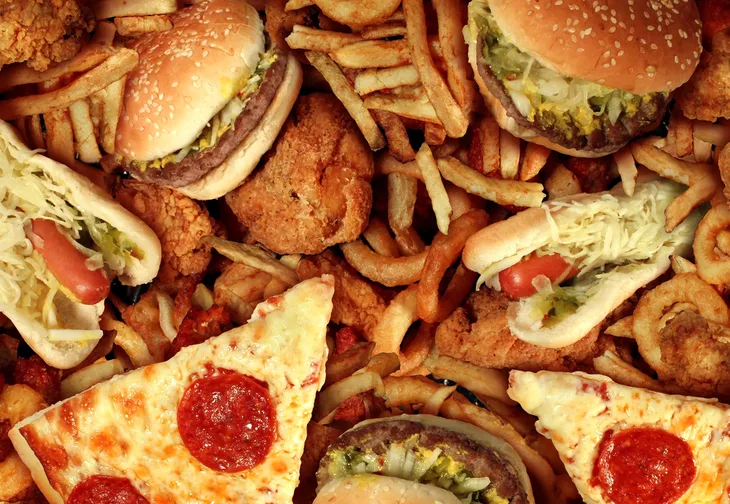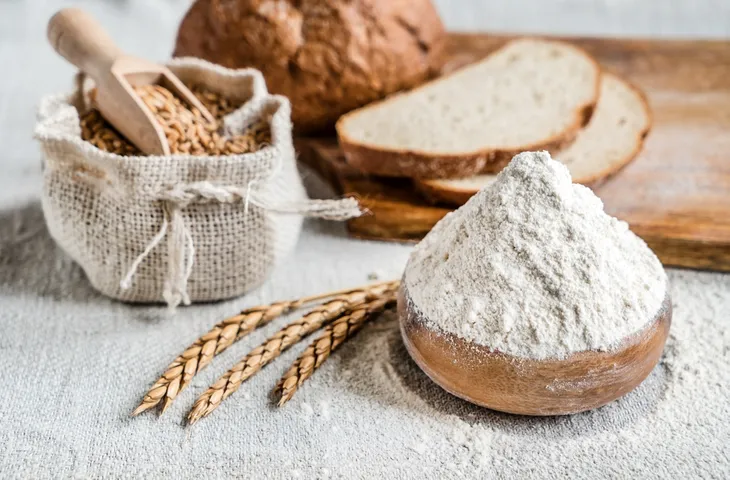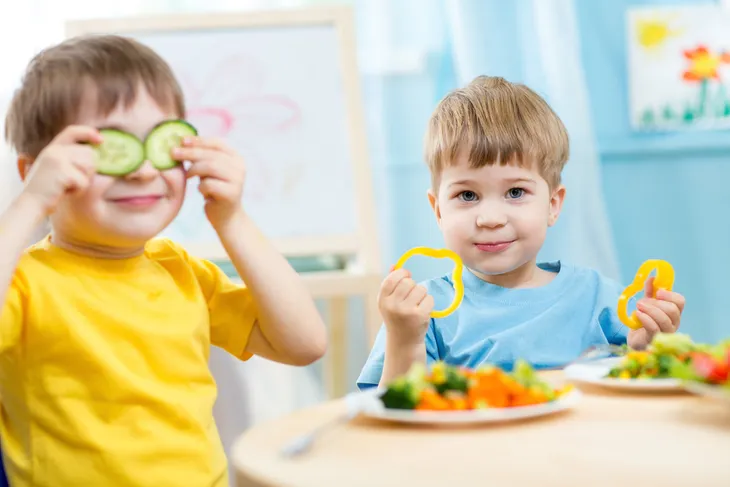It’s no surprise that early brain development has a long-term impact on a child’s ability to learn and succeed in life. In fact, the Centers for Disease Control and Prevention (CDC) states that the first eight years of a child’s life builds a foundation for future learning, health, and success in life.
One factor that may impact a child’s brain development is the foods they eat. This is why it’s important to know what foods can help with brain development, and which ones you’re better off avoiding. Here are five foods that may harm your child’s brain development.
Caffeine
While you probably aren’t serving your kids a cup of coffee each day, some common foods and beverages contain caffeine as the main ingredient. One of those drinks is sodas. For example, the average amount of caffeine in an eight-ounce cola drink is 22-milligrams (mg).
Mayo Clinic says excessive caffeine intake can lead to troubling side effects such as headaches, restlessness, and anxiety in adults. Kids are not exempt from these either. Some other symptoms that can be harmful to their mental development and overall health include jumpiness, nervousness, sleep loss, and hyperactivity.
Snacks with Food Coloring
Artificial dyes are commonly used by companies to give foods a distinct color. But an article from Cleveland Clinic says artificial dyes have been linked to hyperactivity, behavioral changes, hives, asthma, and even tumor growth. Currently, no dyes are banned in the U.S., but you can avoid artificial dyes by prioritizing whole foods and cooking homemade meals.
These dyes can be found in all sorts of common foods. Some examples include:
- Sprinkles and frosting
- Gummy candies
- Breakfast cereal
- Macaroni and cheese
- Sports drinks
High Sugar Foods
Sugary foods always put a smile on a kid’s face, but parents should be mindful of how much their children consume each day. For instance, excess sugar can lead to hyperactivity and impact their appetites. They might be too full to eat the healthy dinner you prepared, which can ultimately prevent them from getting the proper nutrients they need.
Fried Foods
Fast food allows parents to quickly and easily serve their kids a meal when they are short on time. But eating too many fried foods like chicken nuggets, fries and burgers could impact your child’s brain development.
According to Healthline, one study associates a diet high in fried foods and processed meats with lower memory and learning scores. Enjoying fried foods in moderation can be okay but consuming them too often could lead to negative effects.
White Flour
Refined carbs, such as white flour, rank high on the glycemic index (GI). Healthline says this means your body digests them quickly, leading to increased blood sugar and insulin levels. Refined carbs can also have a high glycemic load (GL), referring to how much a food raises blood sugar levels based on the serving size.
The article says that high GI and high GL foods may impair brain function. Specifically, a poorer memory. It also says children aged six to seven consuming a diet high in refined carbs scored lower on nonverbal intelligence.
Choose Foods That Are Good for Brain Development
There are plenty of foods that can hinder a child’s brain development. But the good news is there are foods you can implement into their daily meals that will help their brains stay sharp and develop well.
Here are three foods that WebMD says are great for kids:
- Eggs: The protein and nutrients help with concentration.
- Spinach and Kale: The antioxidants help new brain cells grow.
- Greek Yogurt: The healthy fats keep brain cells in good form.
These are just a few examples of foods that are good for your kid’s mental development. You can discover more foods linked to positive brain power by discussing with your medical team. Although listed foods that may be harmful for your child’s development there are possibilities that it can not be 100-percent avoided. Read your nutrition food labels and purchase foods from companies that you trust.

